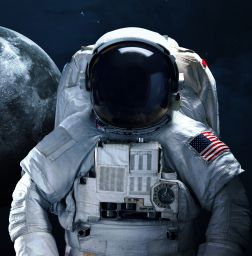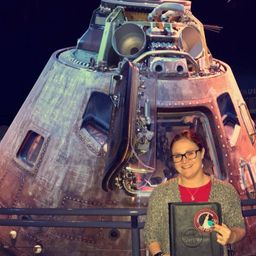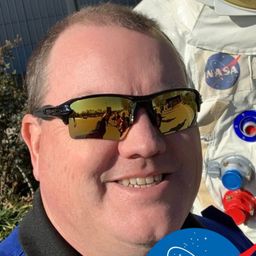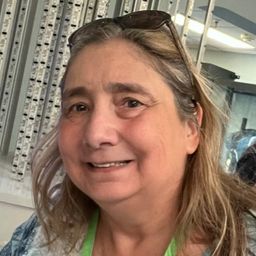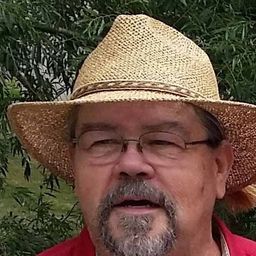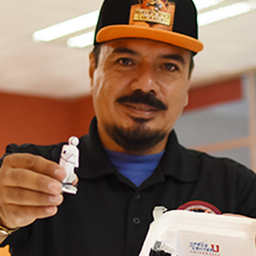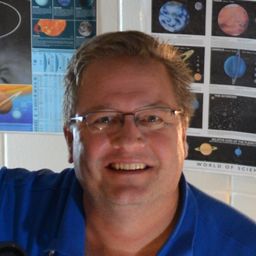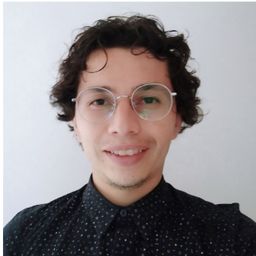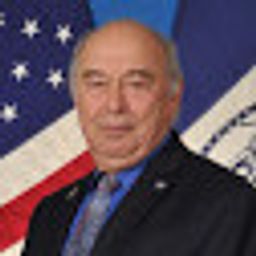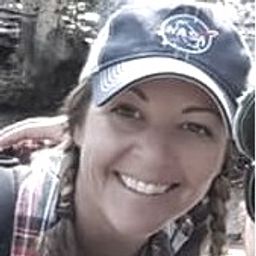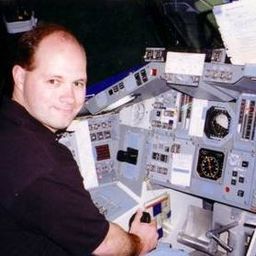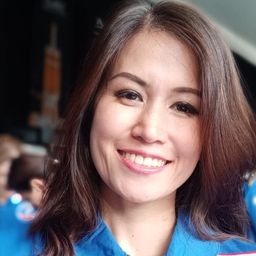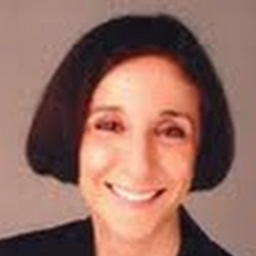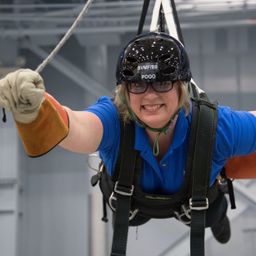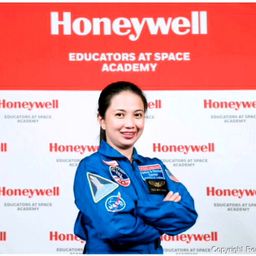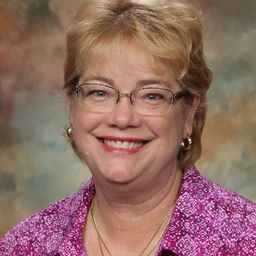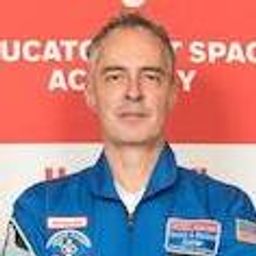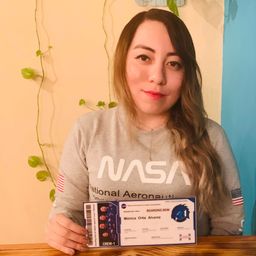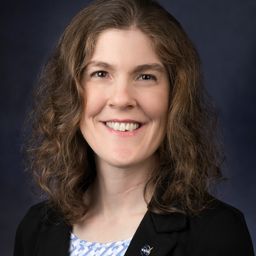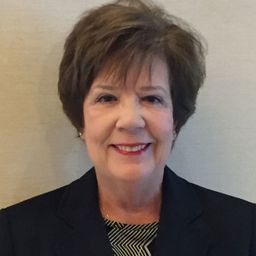Friday Keynote: Dr. John Mather

My Session Status
John C. Mather
Dr. Mather is the Senior Project Scientist for the James Webb Space Telescope (JWST). The JWST, planned for launch in 2021, will extend the discoveries of the great Hubble Space Telescope, reaching farther back in time, farther out into space, to show us how the expanding universe led to galaxies, stars, planets, and the possibility for life on our tiny Earth. As a 28-year-old postdoc he led the effort to propose the Cosmic Background Explorer satellite (COBE), and then served as its Project Scientist, leading the COBE team to success and to the Nobel Prize in Physics (2006). The COBE measurements started the era of precision cosmology, confirming the expanding universe theory to extraordinary accuracy. Dr. Mather speaks widely on the history of the universe and the astonishing possibilities of our shared future.
Documents
Who's Attending
